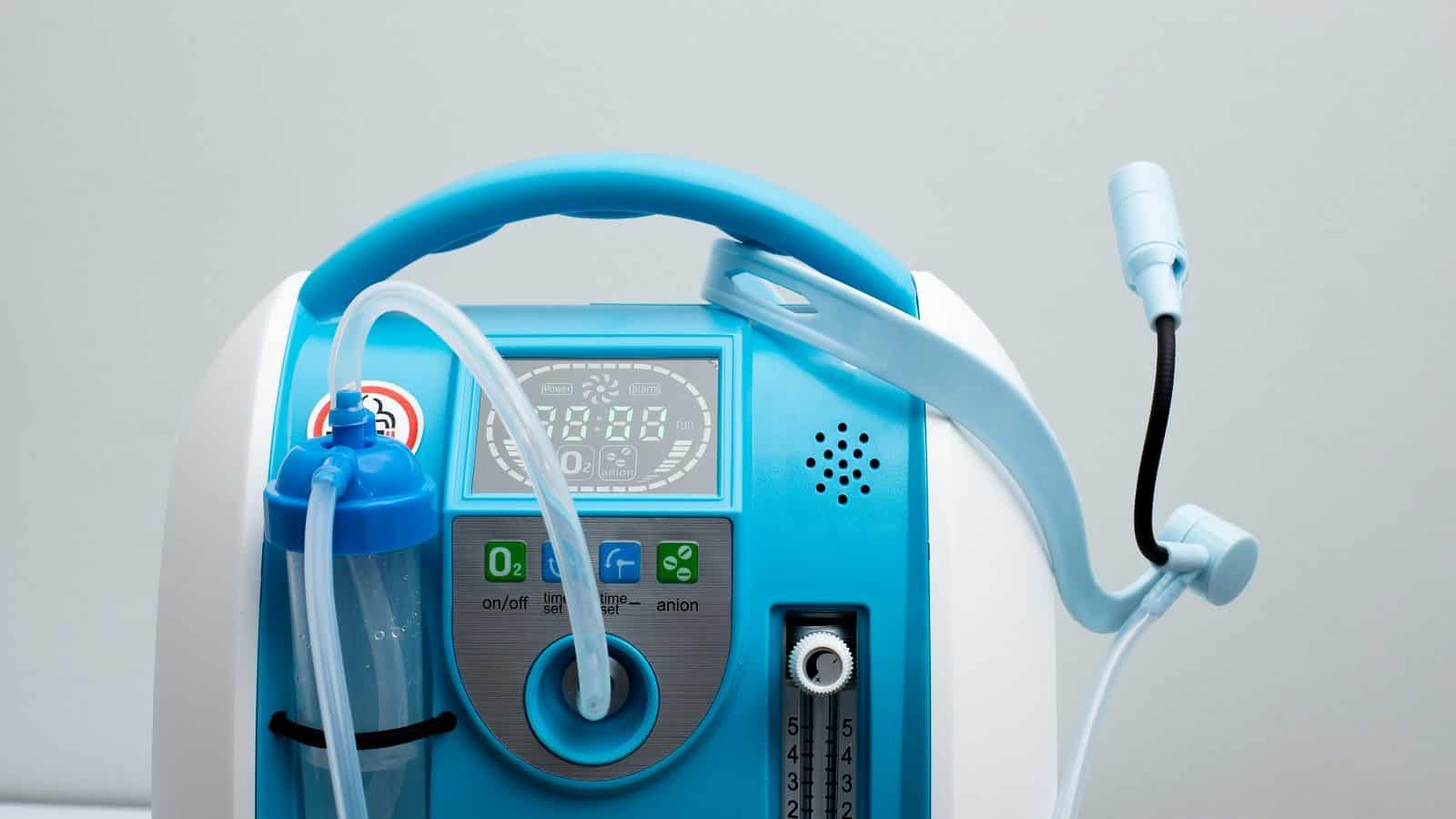As the ongoing coronavirus pandemic continues to grow, the World Health Organization (WHO) has warned that there has been a global shortage in oxygen concentrators that are needed to support the breathing of patients with COVID-19 suffering from acute respiratory distress syndrome.
WHO Director-General Dr. Tedros Adhanom Ghebreyesus said, “Many countries are now experiencing difficulties obtaining oxygen concentrators. Demand is currently outstripping supply.”
The global health agency has bought 14,000 oxygen equipment from manufacturers and plans to distribute them among 120 countries in the coming weeks, according to Dr. Tedros.
Many critically ill COVID-19 patients need either oxygen or mechanical ventilation to breathe.
He said a further 170,000 oxygen concentrators will be potentially available within the next six months.
Globally, the virus has affected more than 9.5 million and killed over 485,000 people so far, with the United States reporting over 2.4 million cases and more than 124,000 deaths. The WHO said it expects global infection to cross 10 million by this weekend.
Researchers predict that the US coronavirus death tool would reach 180,000 by October 1, up from the current toll of 124,281.
Dr. Mike Ryan, Executive Director of the WHO’s Health Emergencies Programme, said many Latin American countries experienced a 25 to 50 percent surge in COVID-19 cases in the past week.
“I would characterize the situation in the Americas in general as still evolving, not having reached its peak yet, and likely to result in sustained numbers of cases and continued deaths,” Dr. Ryan said.
The coronavirus death toll in Latin America is expected to reach up to 390,000 by October, with Mexico and Brazil accounting for two-thirds of deaths as other nations in the region contain their outbreaks, according to the University of Washington.
Recently, public health officials in the United States have reported a sudden surge in new cases probably due to large protests and Memorial Day gatherings.
Meanwhile, the economy continues to fall in most countries. In Australia, Qantas announced 6,000 job losses, with another 15,000 employees to be on stand down because it has predicted that most international flights are unlikely to resume at least until mid-2021.























